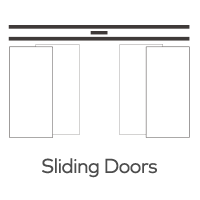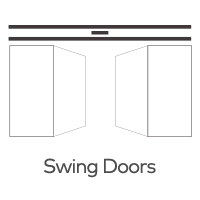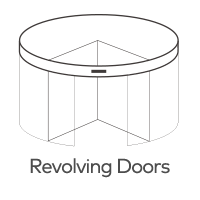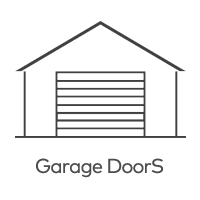How do automatic sliding door controllers comply with accessibility regulations and standards?
Automatic sliding doors have become a common feature in various public and private spaces, from shopping malls and hospitals to office buildings and airports. These doors provide convenience, improve energy efficiency, and enhance accessibility for individuals with disabilities. To ensure that automatic sliding doors serve their intended purpose, there are specific regulations and standards in place to guarantee accessibility for all. This article explores how automatic sliding door controllers comply with accessibility regulations and standards, making public spaces more inclusive.
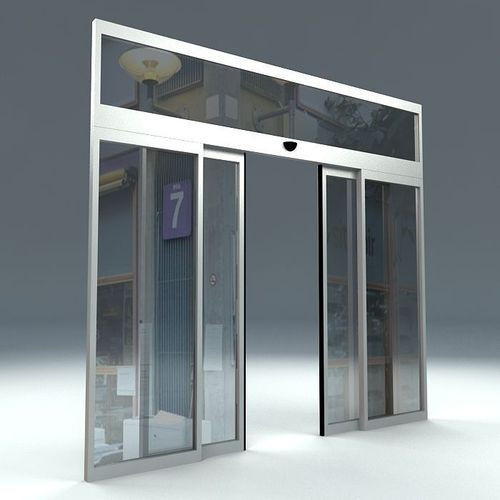
Accessibility Regulations and Standards
Several key regulations and standards address the accessibility of automatic sliding doors in public and commercial buildings. Two of the most important ones are the Americans with Disabilities Act (ADA) in the United States and the International Building Code (IBC).
1. Americans with Disabilities Act (ADA): The ADA is a comprehensive federal law in the United States that prohibits discrimination against people with disabilities. It includes detailed requirements for accessible building features, such as automatic doors. Under ADA guidelines:
Automatic sliding doors must have a minimum clear opening width to accommodate wheelchairs and mobility aids.
Doors should open with low physical effort, typically by using motion sensors or push-button controls.
Closing speed should be adjusted to allow people with disabilities sufficient time to pass through safely.
Doors should have tactile and visual cues to indicate the location of the door and its operation.
2. International Building Code (IBC): The IBC is a model building code used as a reference for building regulations in many countries. It includes provisions related to automatic doors and accessibility. IBC requirements often align with ADA standards, ensuring that buildings are universally accessible.
How Automatic Sliding Door Controllers Comply
Automatic sliding door controllers play a crucial role in ensuring that these doors comply with accessibility regulations and standards. Here's how they achieve this:
1. Adjustable Opening and Closing Speed: Modern controllers allow for adjustable opening and closing speeds. This feature ensures that doors open and close at a rate that accommodates individuals with varying mobility needs. It prevents doors from closing too quickly, which can be a barrier to those with disabilities.
2. Activation Sensors: Automatic sliding doors are equipped with various activation sensors, such as motion sensors, pressure mats, or push-button controls. These sensors detect the presence of a person and initiate door opening, making it easy for individuals with disabilities to enter and exit buildings.
3. Safety Sensors: Safety sensors are integrated into the controllers to prevent doors from closing if an obstruction is detected in their path. This feature is vital for the safety of all users, especially those with disabilities who may take longer to pass through the doorway.
4. User-Friendly Controls: Controllers often include user-friendly controls that can be easily operated by people with disabilities. This may include large buttons, wheelchair-accessible heights, and audible signals.
5. Emergency Features: In case of emergencies, automatic sliding door controllers are programmed to switch to a fail-safe mode, allowing doors to be manually pushed open or unlocked. This ensures that individuals with disabilities can evacuate safely.
Conclusion
Automatic sliding door controllers are a critical component in ensuring that public spaces are accessible to everyone, regardless of their mobility or disability. By complying with regulations such as the ADA and IBC, these controllers make it possible for individuals with disabilities to move freely and comfortably within buildings. As technology continues to advance, automatic sliding door controllers will continue to play an essential role in creating more inclusive and accessible environments for all. It's important for builders and property managers to stay informed about the latest regulations and invest in compliant systems to promote accessibility and inclusivity in their spaces.


